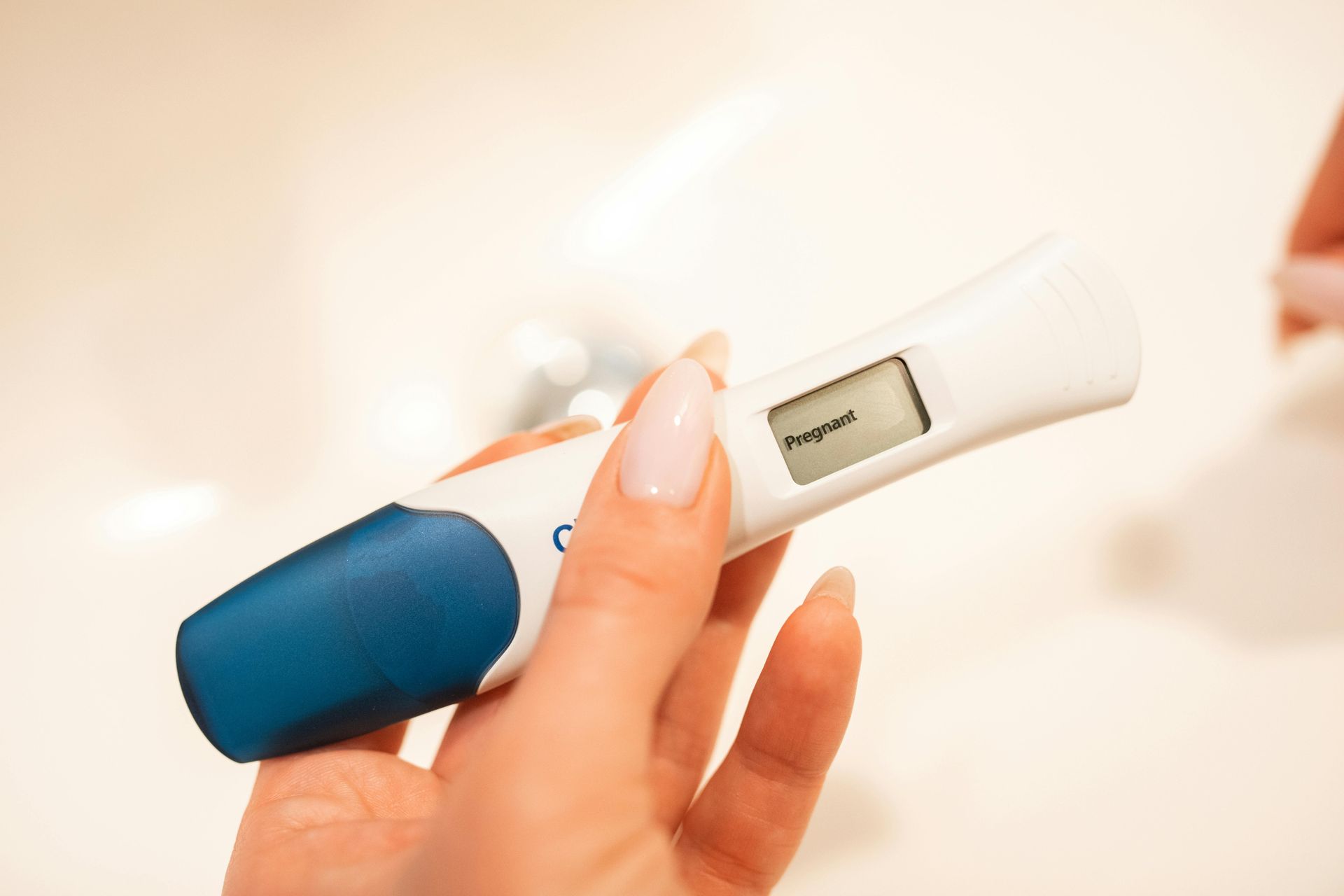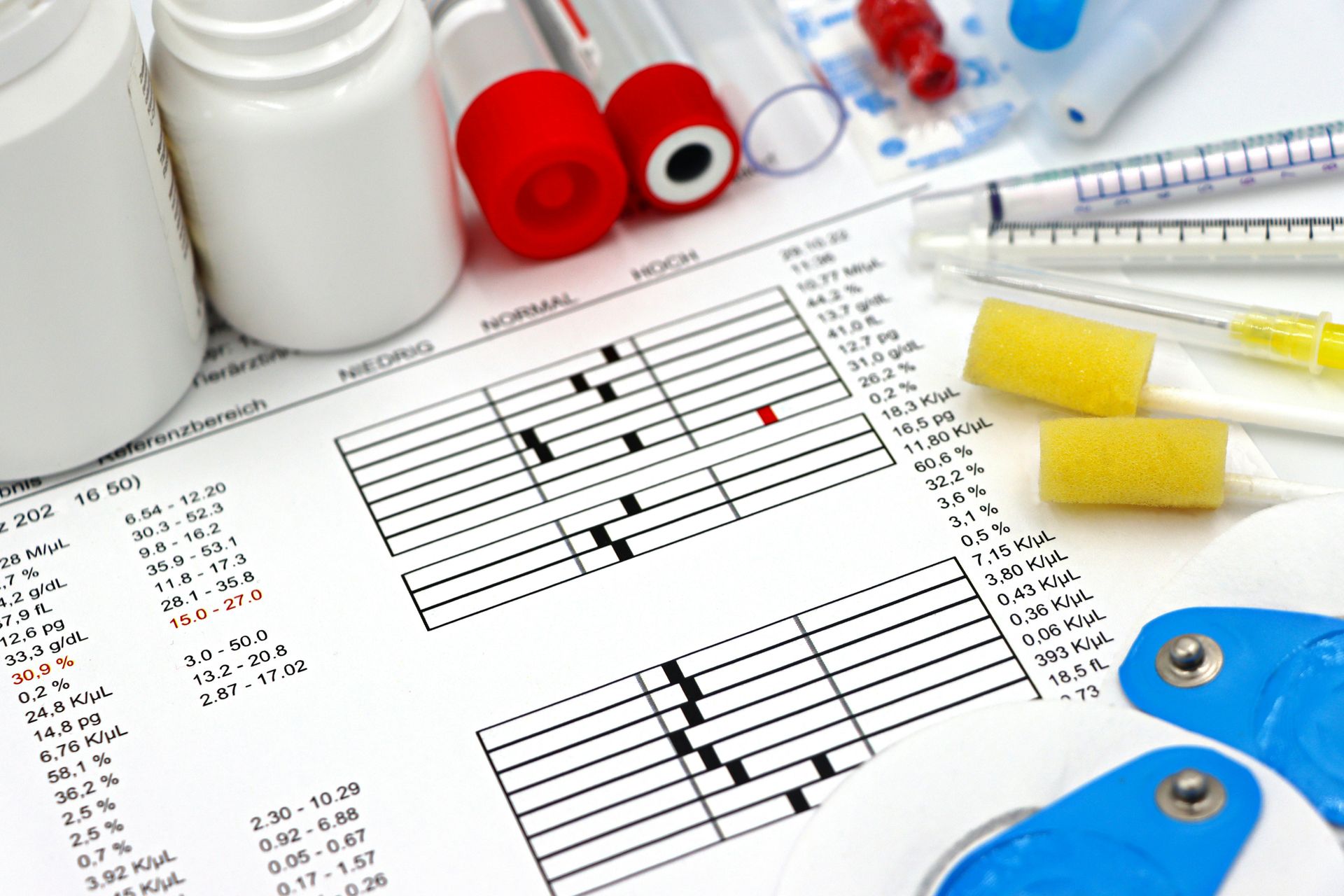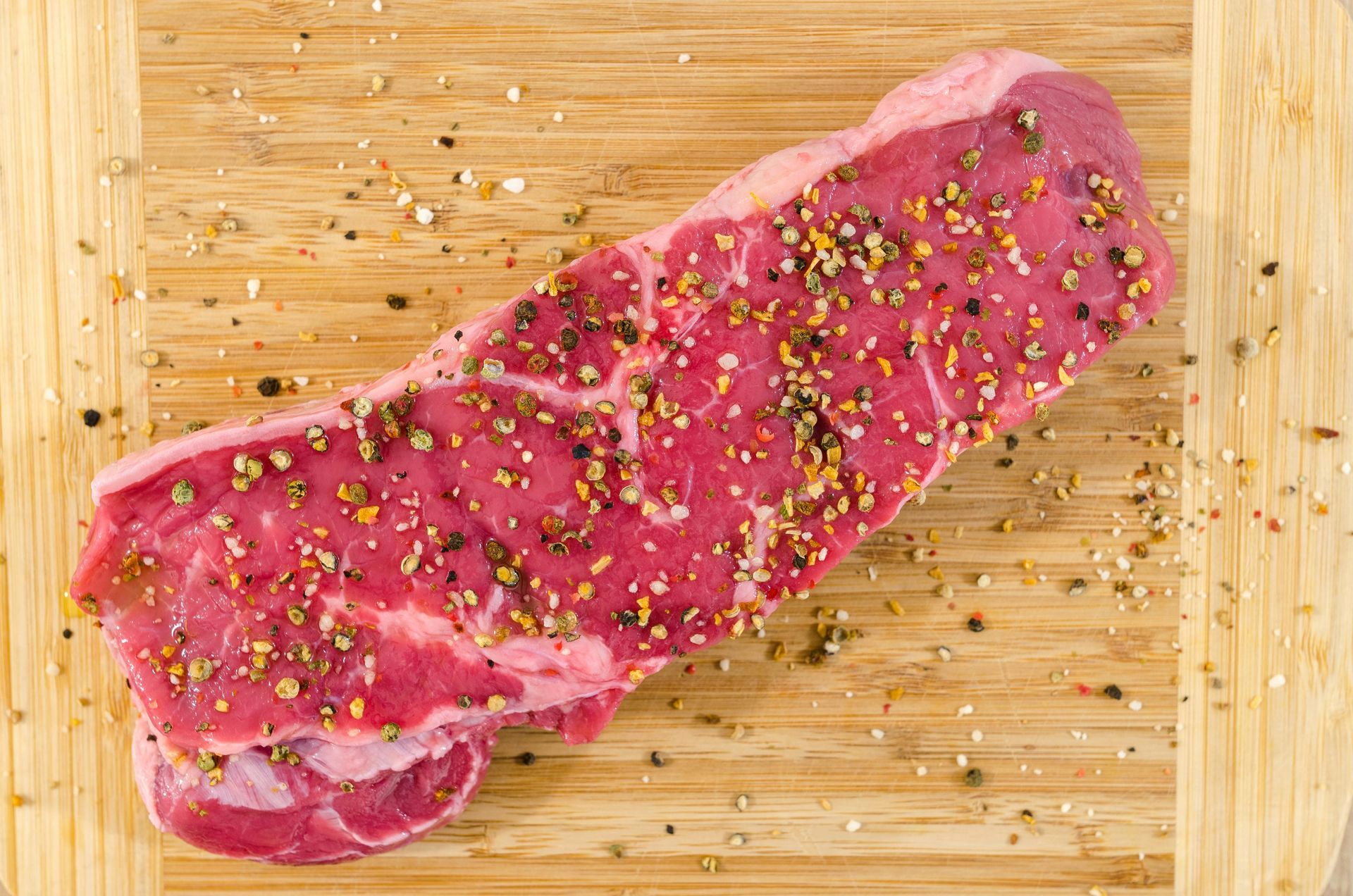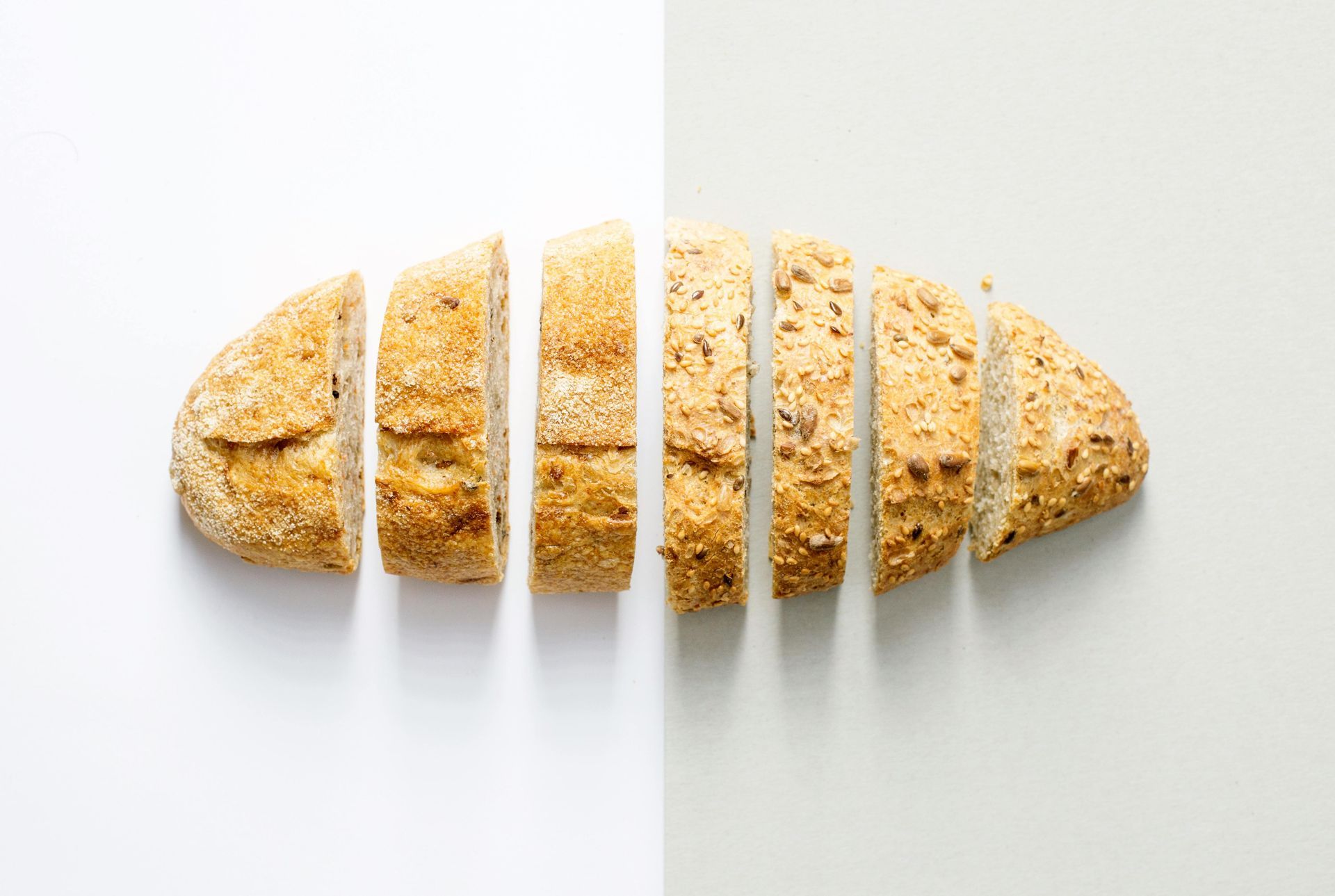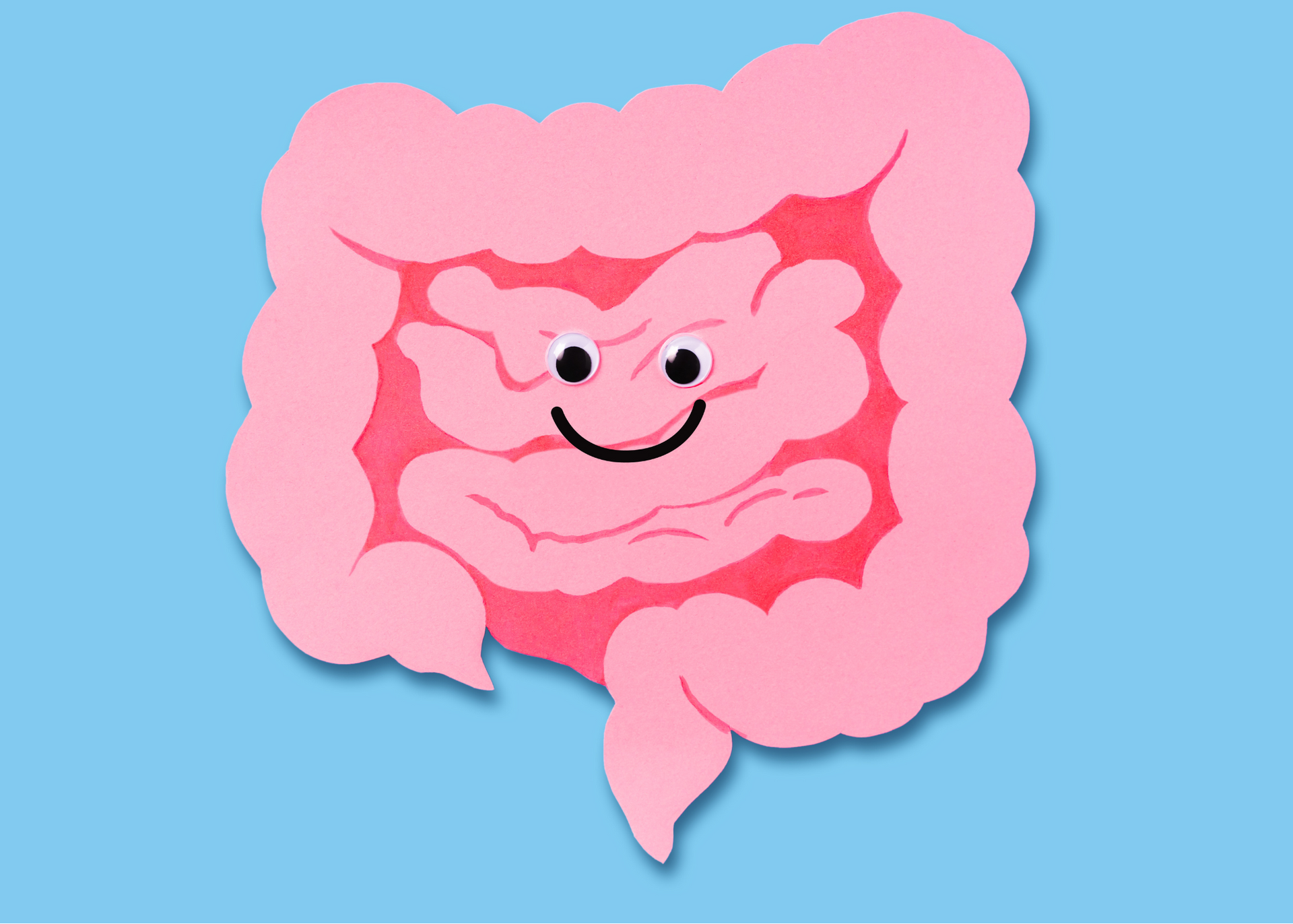Can Low Iron Cause Weight Gain?
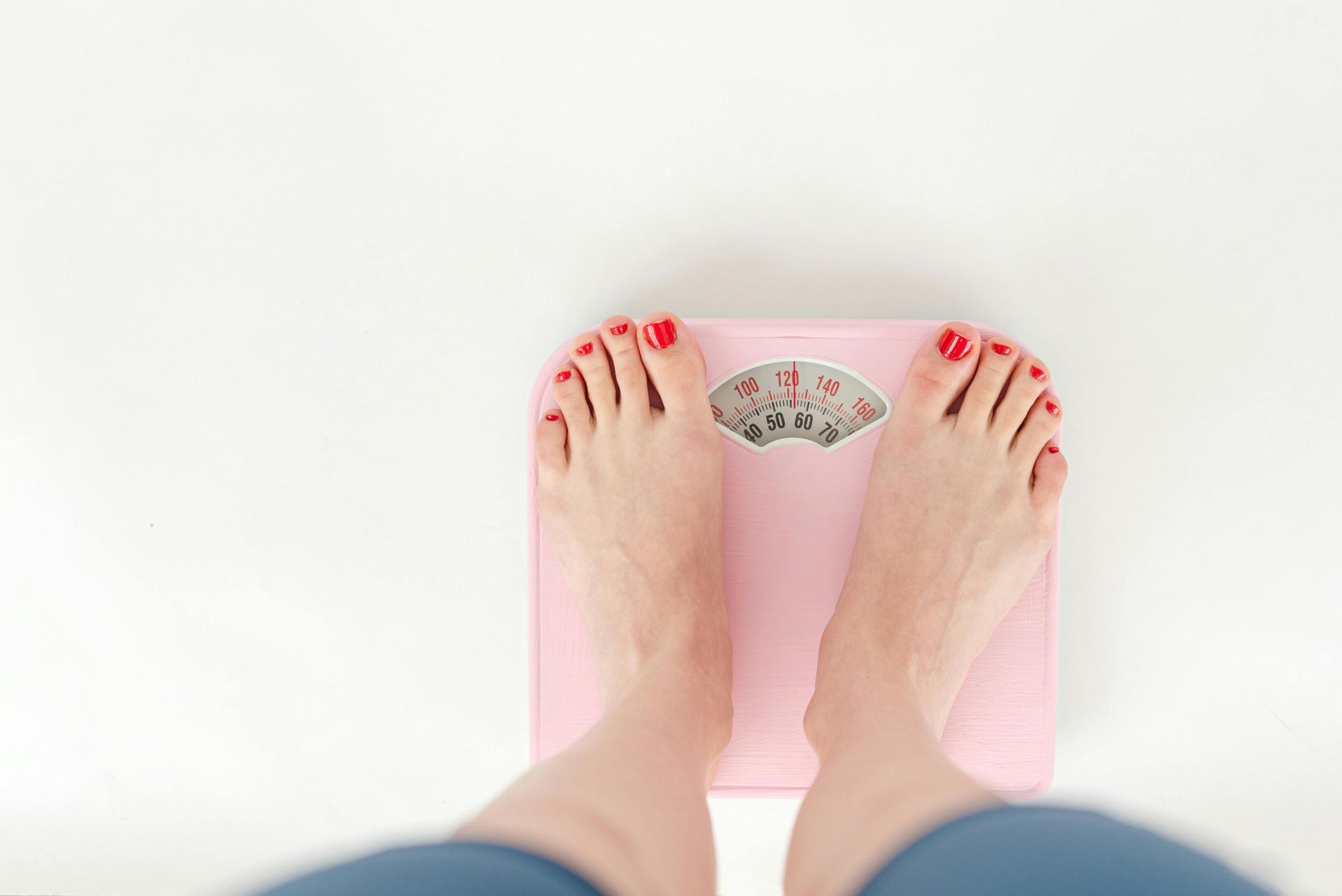
Gaining weight and can’t figure out why?
It might be your iron!
Iron deficiency is one of the most common nutrient deficiencies worldwide, affecting one in three women.
I’ve run thousands of iron panels over the last seven years of owning my virtual Functional Medicine practice. For every ten women I see, about eight of them have low levels.
And it makes sense.
We lose iron on a regular basis, and most of us don’t replenish what we lose.
- If you have a period, you’re losing blood every single month.
- You lose blood on a daily basis through normal, healthy bodily functions like shedding skin cells, sweating, and small amounts of gut lining shedding.
- Most women choose chicken and turkey for protein instead of red meat because they’ve been told red meat causes heart disease and cancer (which isn’t true).
The result? Low iron levels.
Let’s dive into why low iron could be making it harder for you to shed unwanted weight - and what you can do about it.
Symptoms of Low Iron
Iron deficiency can sneak up on you, causing a wide range of symptoms aside from just weight gain.
Common signs include:
- Low energy – Feeling constantly tired, even after a full night’s sleep.
- Dizziness or lightheadedness – A sign your brain isn’t getting enough oxygen.
- Shortness of breath – Even mild activities may leave you winded.
- Brain fog - Difficulty concentrating/focusing.
- Hair loss & brittle nails – Weaker hair and nails can be a red flag.
- Cravings for ice or dirt – Also known as pica, this is a classic sign of iron deficiency.
- Rapid heartbeat – Your heart works harder to compensate for low oxygen.
- Pale skin - Less hemoglobin means less color in your skin.
- Restless leg syndrome – A strong urge to move your legs, especially at night.
- Cold hands & feet – Poor circulation can leave you feeling chilly.
Understanding Iron Levels: Serum Iron vs Ferritin
I work with a lot of women who were told by their doctor “Your iron levels look fine”.
But their doctor typically just checks their serum iron.
When testing for iron deficiency, it’s essential to look beyond just serum iron levels.
A full iron panel provides a clearer picture, including:
- Serum Iron: Measures the amount of circulating iron in the blood but fluctuates daily.
- Ferritin: Reflects stored iron levels in the body and is a more reliable indicator of deficiency.
- Transferrin Saturation & Total Iron-Binding Capacity (TIBC): These tests help assess how well iron is being transported and utilized in the body.
Can I have a high ferritin level but low iron?
While low ferritin typically indicates low iron, high ferritin doesn’t necessarily mean iron levels are optimal.
Ferritin also plays a role in the immune response, so levels can rise due to chronic inflammation, infections, or certain diseases.
This is why some people can have both high ferritin and iron deficiency at the same time.
For example, I’ve seen lab panels where a client had:
- Low serum iron
- High TIBC (another sign of low iron)
- Normal or high ferritin
In these cases, their CRP (C-reactive protein) was elevated, indicating chronic inflammation.
When the body detects inflammation, it locks iron away in storage (raising ferritin levels) to keep it out of reach from harmful bacteria.
But in doing so, it reduces iron availability which worsens iron deficiency.
If you suspect low iron but your ferritin appears normal, it’s worth digging deeper with a full iron panel that includes serum iron, TIBC, and inflammation markers like CRP.
Can Low Iron Cause Weight Gain?
Yes, low iron can cause weight gain!
Iron deficiency contributes to weight gain in several ways:
- Decreased Energy – Low iron leaves you feeling exhausted, reducing your ability (or motivation) to stay active.
- Slower metabolism - Low iron can make it a lot harder to build muscle, and less muscle means a slower metabolism.
- Increased Cravings – Your body craves quick-energy foods like sugar and processed carbs to compensate for low energy.
- Hormonal Imbalances – Iron is essential for thyroid function, and low levels can contribute to hypothyroidism, a common cause of weight gain.
- Disrupted Blood Sugar Balance - Low iron can reduce insulin sensitivity, making fat storage easier and fat burning harder.
So, if you’re struggling with weight despite eating well and exercising,
checking your iron levels could be an important missing piece of the puzzle.
How Increasing Iron Levels Can Support Weight Loss
Restoring iron levels can have a big impact on metabolism:
- Boosts Energy: More oxygen in your blood means it feels easier to exercise, and you can push yourself more.
- Supports Metabolism: Your thyroid function, the master regulator of your metabolism, relies on iron to function properly. You can also build muscle more easily, which boosts metabolism further.
- Reduces Cravings: Balanced iron levels help stabilize blood sugar and reduce cravings for quick-energy foods like sugar and processed carbs.
How to Increase Iron Levels
1. Prioritize Iron-Rich Foods
- Red meat – The best source of heme iron (the form your body absorbs most efficiently). Aim for at least two servings per week, or more if you're iron deficient.
- Plant-based sources – Foods like spinach, lentils, and tofu contain non-heme iron, but keep in mind your body absorbs it less efficiently.
2. Pair Iron with Vitamin C
Boost iron absorption by combining iron-rich foods with vitamin C sources like:
- Citrus fruits
- Strawberries
- Bell peppers
- Broccoli
- Brussels sprouts
3. Consider Iron Supplements
If your iron levels are low, relying on food alone to replenish them can take a long time.
That’s why I prescribe a gentle, highly absorbable iron supplement for my clients with low iron to help restore levels more efficiently.
Once we’ve replenished iron stores and addressed the root causes of the deficiency, we can often transition to maintaining healthy levels through food-based sources alone.
Important: Too much iron can be harmful, so it's important to
work with a healthcare provider to check your levels and determine the right dosage instead of blindly guessing what your body needs.
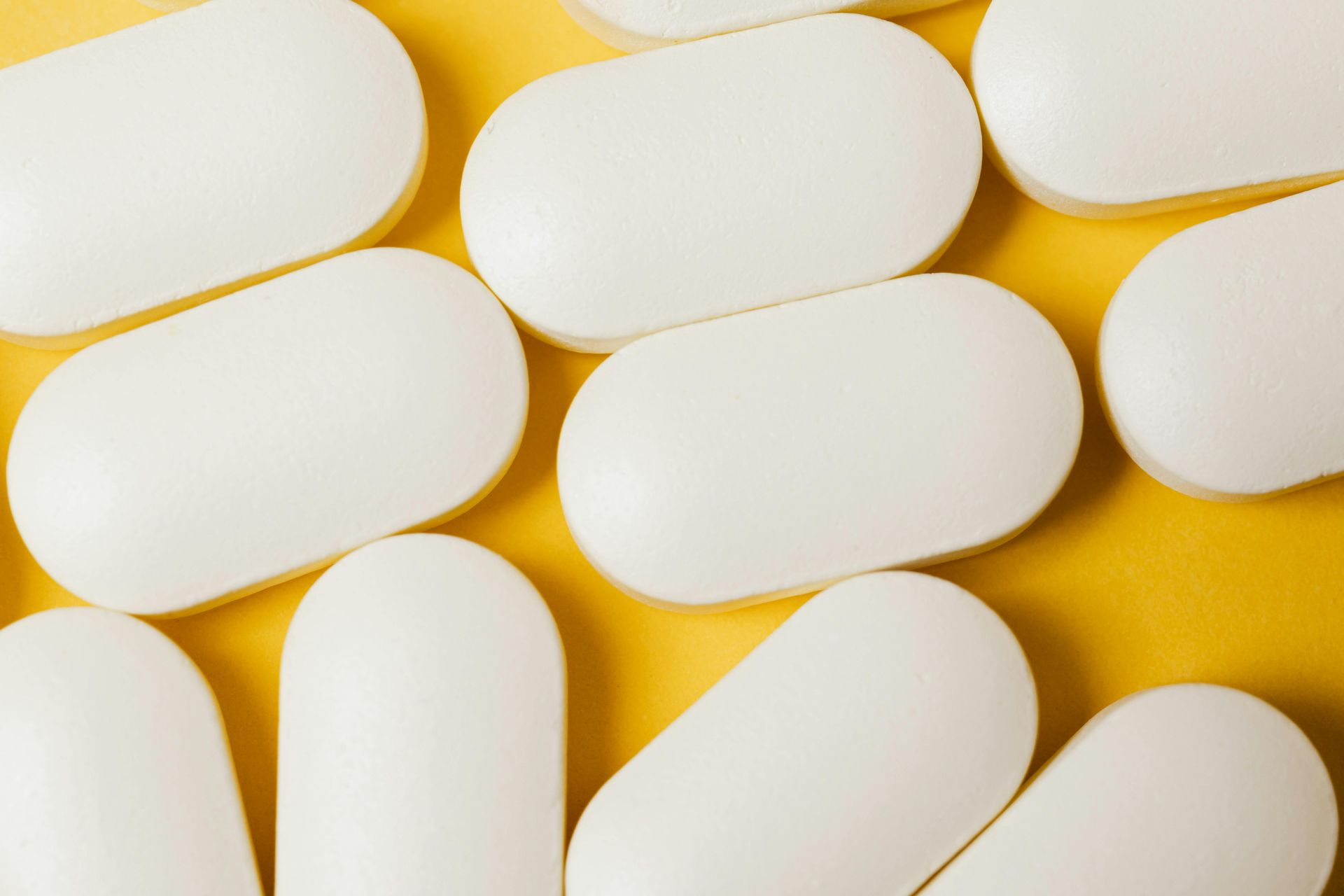
4. Address Root Causes of Low Iron
In Functional Medicine, we’re always asking “why?”
If your iron levels are chronically low, it’s important to dig deeper into potential causes, such as:
- Poor absorption - Gut health issues like low stomach acid, SIBO, and leaky gut can prevent proper iron absorption, no matter how much you’re consuming.
- Candida overgrowth - Candida competes with your body for iron, stealing it to fuel its own growth and survival. This can worsen both iron deficiency and gut bacteria imbalances.
- Heavy periods - Losing excess blood each month depletes iron stores faster than your body can replenish them.
- Inflammation - Chronic inflammation can block iron absorption and disrupt how your body utilizes it.
- Excessive Exercise – High-intensity training, especially endurance workouts, increases iron loss through sweat and red blood cell breakdown.
If you're struggling with low iron, simply taking a supplement shouldn’t be the only solution—the key is identifying what’s causing the deficiency in the first place.
Find the Root Cause of Your Weight Gain
Struggling with weight gain and wondering if low iron might be a factor?
Our Wellness Blueprint uncovers the root causes of your health concerns, including hidden nutrient deficiencies like low iron.
Through a personalized approach, we’ll:
- Run a full iron panel to assess your iron status accurately.
- Address other hidden causes of your weight gain.
- Create a tailored plan to restore optimal iron levels and support weight loss.
You don’t have to navigate this journey alone—schedule your consultation today to take the first step toward better health.
Click here to
learn more
and book a discovery call to see if the program is a good fit for you.
Continue Reading
